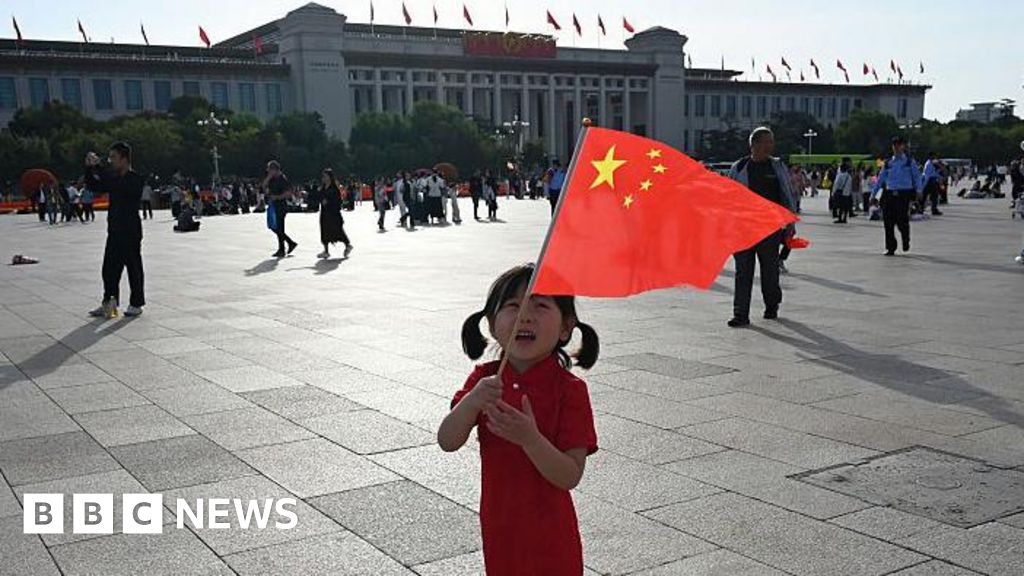Key insights
-
1
Historical Impact
China's Five Year Plans have historically reshaped global economic structures.
-
2
Technological Independence
Current plans focus on achieving self-sufficiency in technology and innovation.
-
3
Global Economic Shifts
China's policies have led to significant job outsourcing and changes in global manufacturing.
Takeaways
China's Five Year Plans are pivotal in shaping not only its own economy but also the global economic landscape. As the country moves towards greater technological independence, the implications for international relations and market dynamics will be profound.

